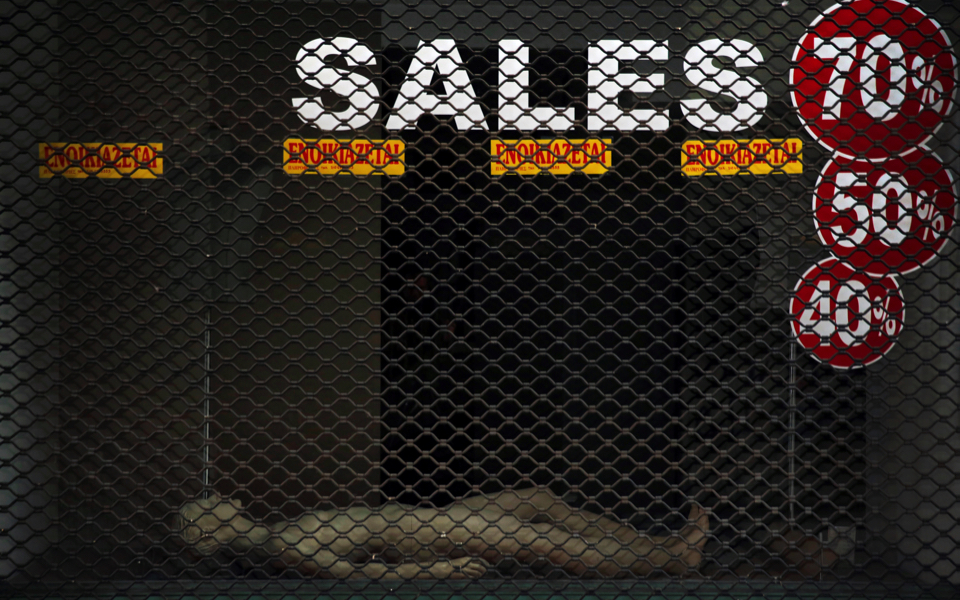Greece gathers record orders for first 15-year bond since crisis

Greece attracted record orders for its first 15-year bond sale since the financial crisis, a crucial step in furthering the thrice bailed-out country’s capital markets comeback.
Investor demand for the 2.5 billion euro bond exceeded 18.8 billion euros, the biggest order book since Greece returned to the international bond market in 2017 after a debt crisis that locked it out for years.
After issuing bonds of up to 10 years’ maturity since then, Greece is looking to extend the term of its debt.
This week’s sale followed a debt swap last week with the National Bank of Greece that led to a new 30-year bond.
“The bond’s long duration, the high demand, the low borrowing cost and the excellent quality of the issue are improving the debt curve, building a long-term investment profile … and boosting Greek debt sustainability,” Finance Minister Christos Staikouras said in a statement.
The bond will pay a coupon of 1.875 percent, the same as what Greece paid to issue seven-year debt last summer.
Greek yields dropped sharply throughout last year as the country’s credit quality continued to improve, while market sentiment was boosted by a new, market-friendly government and investors’ search for yield after the European Central Bank eased monetary policy.
“Going out to 15 years is a sort of exclusive club. Not every pension fund, long-term investor wants to buy every credit, so it’s a sign of increasing trust in Greece,” said a banker familiar with the deal who asked not to be identified.
The bond sale was announced on Monday after Fitch Ratings upgraded Greece’s credit rating on Friday to BB with a positive outlook, citing economic growth and fiscal prudence leading to government debt sustainability.
The positive outlook raised hopes for Greece’s eventual return to an investment-grade rating, which would make its bonds eligible for the European Central Bank’s bond-buying program. Those expectations pushed its 10-year bond yields to a three-month low, near record low levels. But some still think a return to investment-grade territory is some way away.
“It is too early to say when the credit outlook for Greek debt will improve but for it to move to investment grade status there would be a requirement not only for a reduced level of indebtedness but also a material pick up in growth, both of these are still largely absent,” said Edward Park, deputy chief investment officer at Brooks Macdonald, who decided not to participate in the sale.
The Greek debt agency has two main financing scenarios for 2020 in mind, depending on the amount of early debt repayments. One of these focuses on reducing its 12.6 billion euro stock of T-bills by issuing government bonds.
“I think if they potentially use longer-dated debt versus financing in the bills market, it’s obviously positive as … you always want to see lower front-end maturities should the economic environment and the situation not turn out as expected,” said Andrey Kuznetsov, a senior portfolio manager at Hermes Investment Management in London.
Greece joins other European sovereigns that have also sold bonds that have received record levels of demand, including its southern European peers Spain and Italy. Investors are showing strong demand for bonds that offer a pick-up over German government bonds, which remain in deeply negative territory.
France also received strong demand for a 30-year bond sold via a syndicate of banks on Tuesday, with demand reaching 38 billion euros for the 5 billion euro offering, according to a lead manager memo seen by Reuters.
[Reuters]





